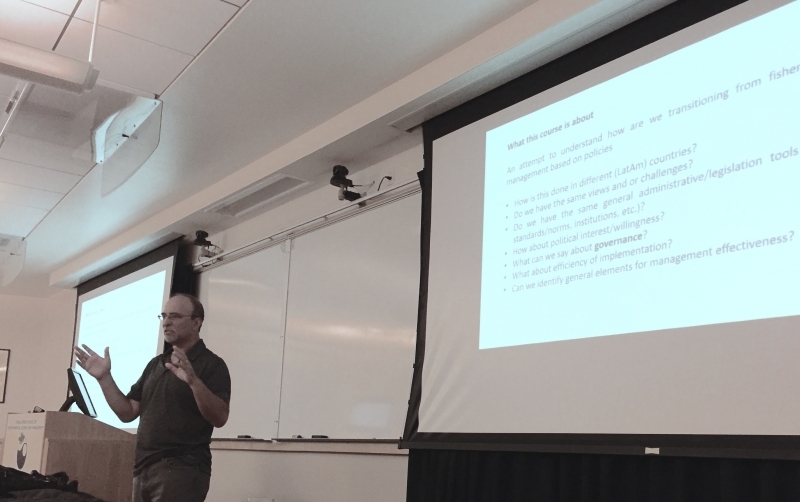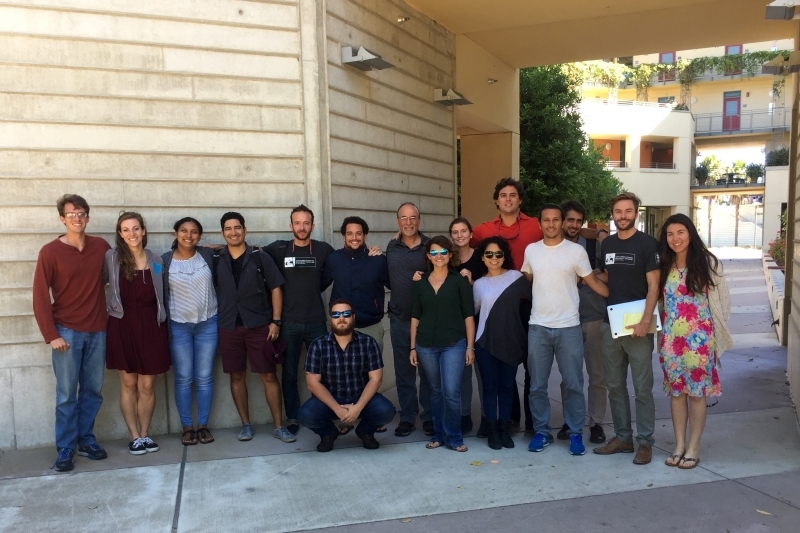Miguel Angel Cisneros is a leading fishery scientists from Mexico. He studied fisheries biology as an undergraduate in Mazatlan (UAS), then completed his MSc in Ecology in Ensenada (CICESE), and PhD in Ecology (UC Davis). He was a post-doctoral researcher at AWI, Bremerhaven (Germany, 1996), and then lead WWF-Mexico's Gulf of California Program (Guaymas, 2004-2006). He joined Mexico’s National Fisheries Institute as a senior researcher, where he became the Director of Research (2000-2003) and then the agency's Chief Director (2007-2010). Dr. Cisneros has over 200 publications, and as a senior researcher at the INAPESCA is actively involved in with graduate students across several universities and research institutes, and has long standing collaborations with key conservation organizations. His publications and reports as well as current work deal mainly with population dynamics, environmental forcing, and fisheries management of shrimp, swimming crab, jumbo squid, sardines, totoaba, Spanish mackerel, snappers, and with conservation of vaquita.
Miguel collborated with LAFF to design and instruct the course "Fisheries Science of Policy and Management" provides students with practical insight into how science is translated into policy and management, particularly in the context of Latin America. Lectures, discussion, and analytical exercises explore what's required for fisheries science and policy to be effective. The course emphasizes the interdisciplinary nature of policy instruments, institutional arrangements, science diffusion, participatory monitoring, governance, co-management, and socio-economic considerations. Students have opportunities to engage actual data from real fisheries, gaining familiarity with the complete process leading to decision-making in fisheries management and resource conservation.
























































